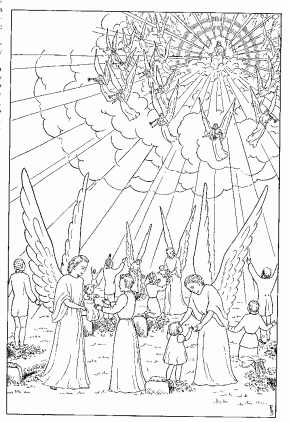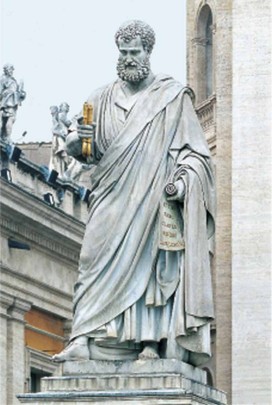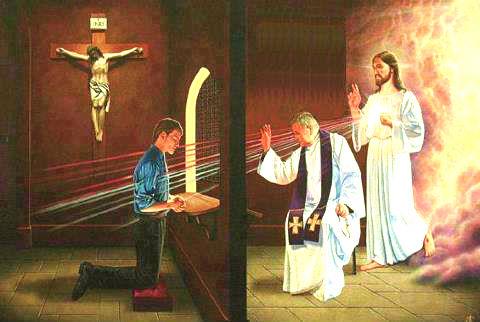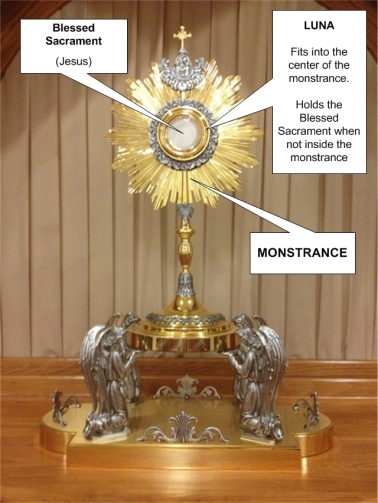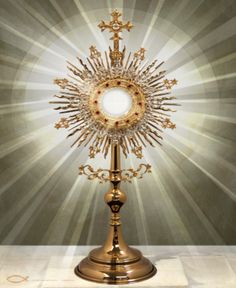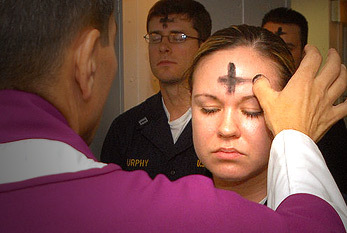(Note: CCC stands for Catechism of the Catholic Church and includes a paragraph reference number)
Do we get judged after our death or at the end of the world? Actually, both. There are two different kinds of judgment; Particular Judgment and General Judgment. There are three possible results of that judgment: Heaven, Purgatory, or Hell. Purgatory is a temporary place for us to get purified before we enter Heaven.
Particular Judgment happens immediately after our death. This happened to the good thief and was taken to paradise that day, so he is not waiting until the end of the world to be judged.
“Now one of the criminals hanging there reviled Jesus, saying, “Are you not the Messiah? Save yourself and us.”The other, however, rebuking him, said in reply, “Have you no fear of God, for you are subject to the same condemnation?And indeed, we have been condemned justly, for the sentence we received corresponds to our crimes, but this man has done nothing criminal.”Then he said, “Jesus, remember me when you come into your kingdom. He replied to him, “Amen, I say to you, today you will be with me in Paradise.” Luke 23:39-43
The General Judgment will be at the end of time, when Jesus comes the second time. The resurrection of all the dead, “of both the just and the unjust.” (Acts 24:15) will precede the Last Judgment. Then Christ will come “in his glory, and all the angels with him….Before him will be gathered all the nations, and he will separate them one from another as a shepherd separates the sheep from the goats, and he will place the sheep at his right hand, but the goats at the left….And they will go away into eternal punishment, but the righteous into eternal life.” Matthew 25:31,32,46 (CCC 1038)
(Heaven) “Those who die in God’s grace and friendship and are perfectly purified live for ever with Christ….By virtue of our apostolic authority, we define the following: According to the general disposition of God, the souls of all the saints….and other faithful who died after receiving Christ’s holy Baptism….already before they take up their bodies again and before the general judgment–and this since the Ascension of our Lord and Savior Jesus Christ into heaven–have been, are and will be in heaven, in the heavenly Kingdom and celestial paradise with Christ, joined to the company of the holy angels. Since the passion and death of our Lord Jesus Christ, these souls have seen and do see the divine essence with an intuitive vision, and even face to face, without the mediation of any creature.” (CCC1023) So those who are baptized in Christ, since Jesus’ death, people can go to heaven if they are not in mortal sin and if they need purification, then they spend time in Purgatory first.
(Purgatory) All who die in God’s grace and friendship, but still imperfectly purified, are indeed assured of their eternal salvation; but after death they undergo purification, so as to achieve the holiness necessary to enter the joy of heaven. (CCC 1030) But nothing unclean will enter it (heaven). Rev 21:27 Purgatory is temporary and the person is guaranteed to enter Heaven after purification.
(Hell) We cannot be united with God unless we freely choose to love Him. (CCC 1033) The teaching of the Church affirms the existence of hell and its eternity. Immediately after death the souls of those that die in a state of mortal sin descend into hell, where they suffer the punishments of hell, “eternal fire.” The chief punishment of hell is eternal separation from God, in whom alone man can possess the life and happiness for which he was created and for which he longs. (CCC1035) God predestines no one to hell; for this, willful turning away from God (a mortal sin) is necessary, and persistence in it until the end….the Church implores the mercy of God, who does not want “any to perish, but all to come to repentance.” (CCC1037) “The Lord does not delay his promise, as some regard “delay,” but he is patient with you, not wishing that any should perish but that all should come to repentance.” 2Peter 3:9
There is hope for us all. “For it is now, in this life, that we are offered the choice between life and death, and it is only by the road of conversion that we can enter the Kingdom, from which one is excluded by grave sin. In converting to Christ through penance and faith, the sinner passes from death to life and “does not come into judgment.” (CCC1470) We must accept God’s grace of conversion. If not, “then will the culpable (those guilty of) unbelief that counted the offer of God’s grace as nothing be condemned. By rejecting grace in this life, one already judges oneself, receives according to one’s works, and can even condemn oneself for all eternity by rejecting the (Holy) Spirit of love”. (CCC678-679) Our hope is in accepting God’s grace, conversion and penance.

